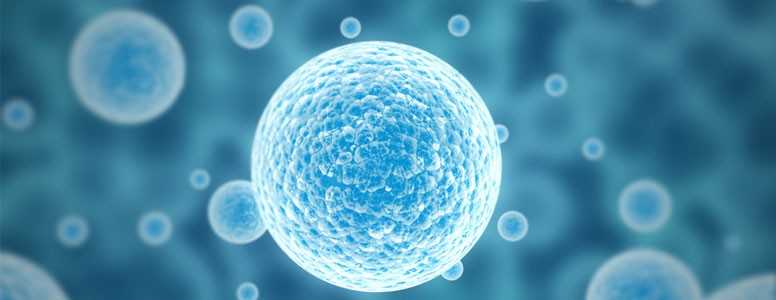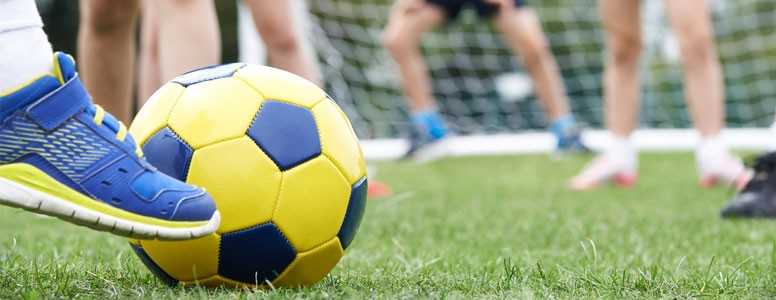A Scottish laboratory has started harvesting stem cells from children’s teeth which could eventually be used to cure disease in later life.
Stem cells are an extremely promising avenue of diabetes research and US company BioEde, which is conducting this operation in Lanarkshire, says there have already been some withdrawals to treat conditions such as type 2 diabetes.
The firm are inviting parents and grandparents of children between five and 12 to pop a milk tooth – once it has fallen out naturally – into some milk to help preserve the cells.
Then customers based in Europe send the tooth to the Motherwell laboratory of BioEden’s partner Precious Cells, where the tooth is cleaned and the stem cells are extracted.
The reason for exploring a tooth’s capabilities in stem cell research is because each tooth contains a relative handful of cells that can be grown in a lab until they proliferate into several million cells.
Because the cells have been extracted from teeth, they are mesenchymal stem cells (MSCs) which can become one of a number of cell types: muscle, fat, bone or cartilage. Last year MSCs were found to reverse type 1 diabetes in mice.
Dr Victoria Robertso, head of clinical services at Precious Cells, a charity set up by BioEde, said: “Stem cells are probably the most exciting cell type that there is out there at the moment.
“They have the potential to regenerate tissue, to modulate the immune system, depending on what kind of stem cell they are.
“The possibilities in some ways are endless – but obviously there’s still a lot of work to do to find out what all those possibilities might be.”
What's new on the forum? ⭐️
Get our free newsletters
Stay up to date with the latest news, research and breakthroughs.








